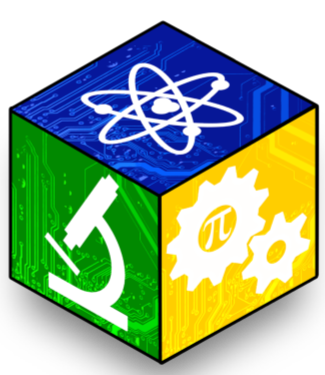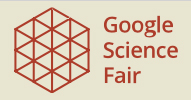We are pleased to announce that state of Connecticut has three regional Google Science Fair finalists. All are 2016 Connecticut Science & Engineering Fair Alumni.
Each year Google sponsors the Google Science Fair, which is an online science competition, where thousands of students, ages 13-18, apply using their independent research projects. Of the thousands of entrants, Only 100 Finalists are selected, WORLDWIDE, with only 32 finalists selected from the United States this year. On July 18, the 100 regional finalists were announced, and all three are 2016 Connecticut Science & Engineering Fair competitors. On August 11 the 16 global finalists will be announced. Google says: “Eight projects will have followed the scientific method (and include a hypothesis) and eight will have followed the engineering method (and include a prototype).”
On August 11- Read about the Global Finalists
Katherine Handler, Rising Senior, Amity Regional High School
Succession Variations in Kenyan Scavenger Communities and the Importance of Wildebeest Carcasses
“Approximately 7,000 wildebeest drown naturally in mass drowning events. This leads to a build up of carcasses rich in nutrients in the Mara River in the Serengeti Mara  ecosystem. After consuming the carcasses, scavengers help to deposit the nutrients in the surrounding area. However, scavengers are underrepresented in past studies. In this project I analyzed over 3,000 photos to investigate the scavengers at a natural carcass site and thus determine the aftermath of this huge drowning event.”
ecosystem. After consuming the carcasses, scavengers help to deposit the nutrients in the surrounding area. However, scavengers are underrepresented in past studies. In this project I analyzed over 3,000 photos to investigate the scavengers at a natural carcass site and thus determine the aftermath of this huge drowning event.”
Read Katherine’s project report submission
Shobhita Sundaram, Rising Junior, Greenwich High School
Machine Learning Prediction of Breast Cancer Cellular Response to Drug Therapies
“I developed a powerful, novel machine learning tool that could be used to predict how effective drugs are at combating  breast cancer cells. I applied machine learning to molecular biology, using algorithms to screen data, find relationships between cell/drug characteristics and cell response, and generate models capable of accurately predicting how specific breast cancer cells respond to drugs. This tool has applications in advancing precision medicine, which is crucial to developing optimal breast cancer treatments, and drug discovery.”
breast cancer cells. I applied machine learning to molecular biology, using algorithms to screen data, find relationships between cell/drug characteristics and cell response, and generate models capable of accurately predicting how specific breast cancer cells respond to drugs. This tool has applications in advancing precision medicine, which is crucial to developing optimal breast cancer treatments, and drug discovery.”
Read Shobhita’s full project report submission
William Yin, Rising Senior, Greenwich High School
Portable, Low-Cost Tattoo-Based Biosensor for the Non-Invasive Self-Diagnosis and Quantification of Atherosclerosis
“Atherosclerosis and atherosclerotic cardiovascular disease remains the leading cause of death worldwide. However, atherosclerosis often remains asymptomatic for decades  prior to only first being diagnosed after a heart attack or a stroke; thus, early detection is essential. This work details the fabrication of a self-administered, cost-effective and portable tattoo-based biosensor for the early detection and quantification of atherosclerosis progression.”
prior to only first being diagnosed after a heart attack or a stroke; thus, early detection is essential. This work details the fabrication of a self-administered, cost-effective and portable tattoo-based biosensor for the early detection and quantification of atherosclerosis progression.”
Read William’s full project report submission
You can read about the work of all the finalists on the Google Science Fair website.


